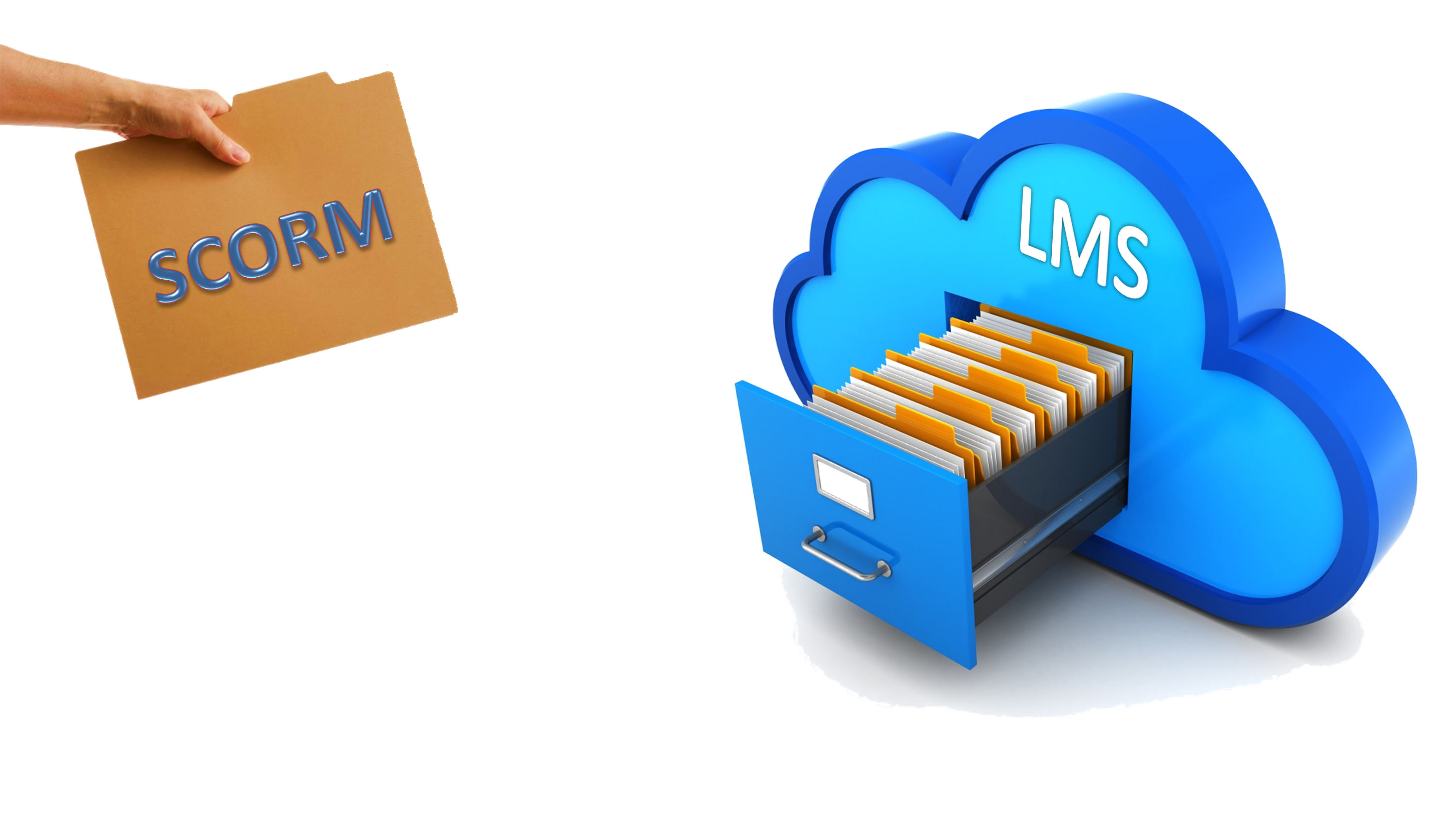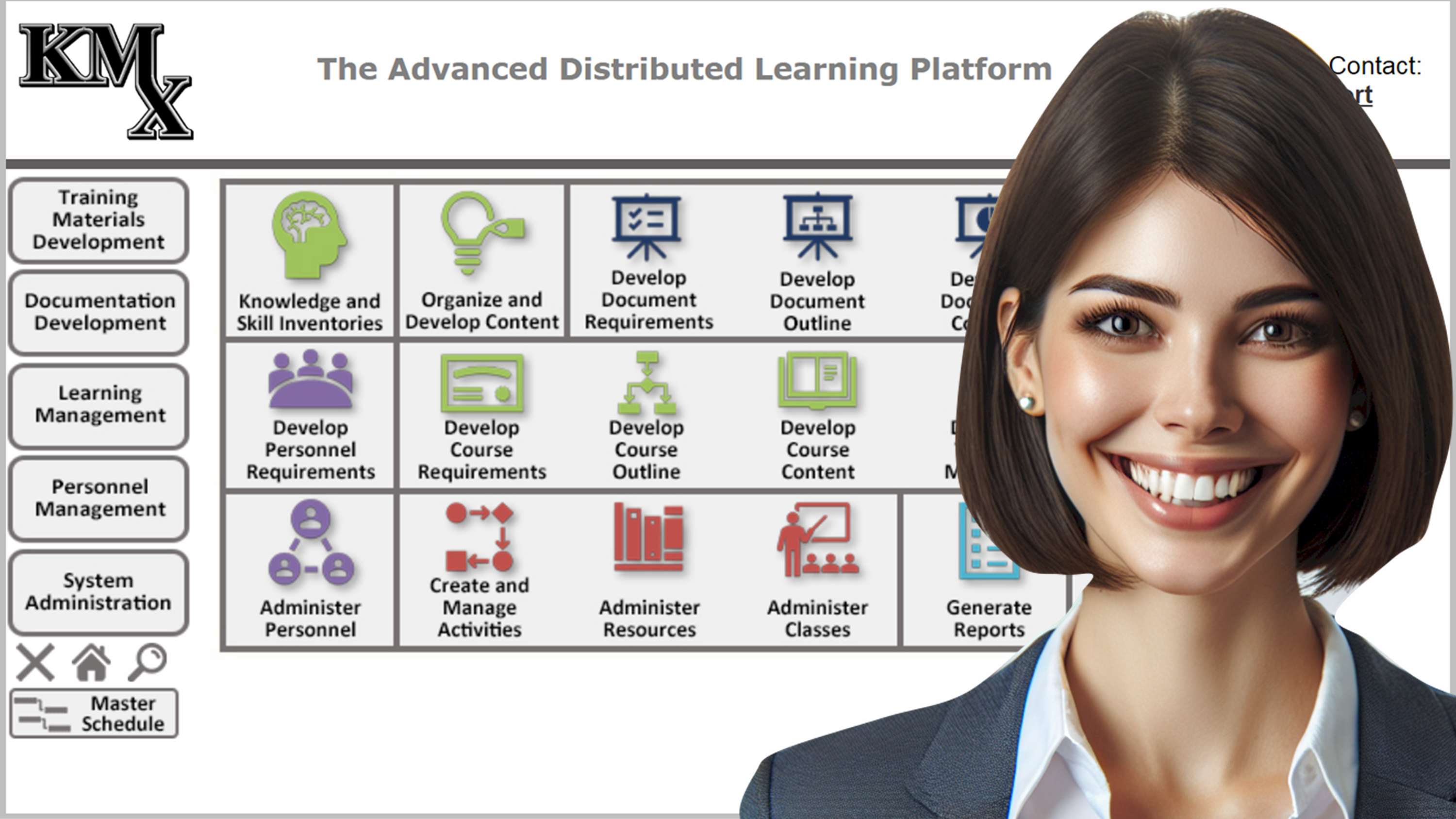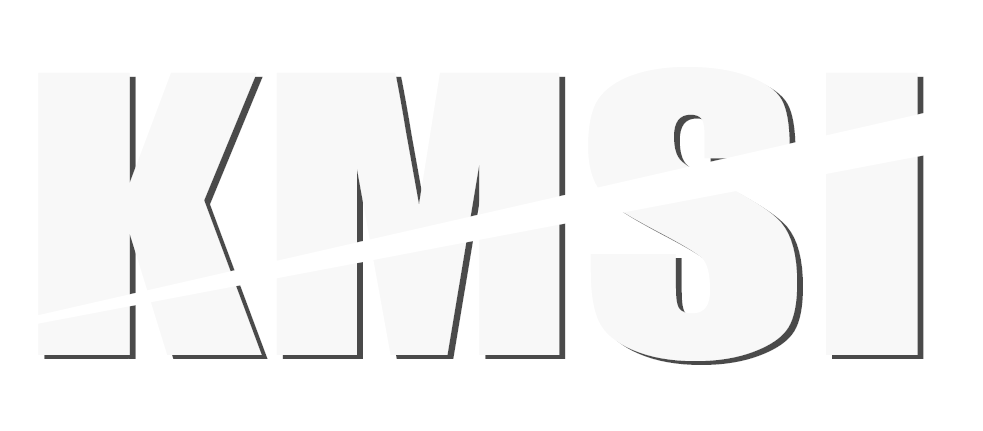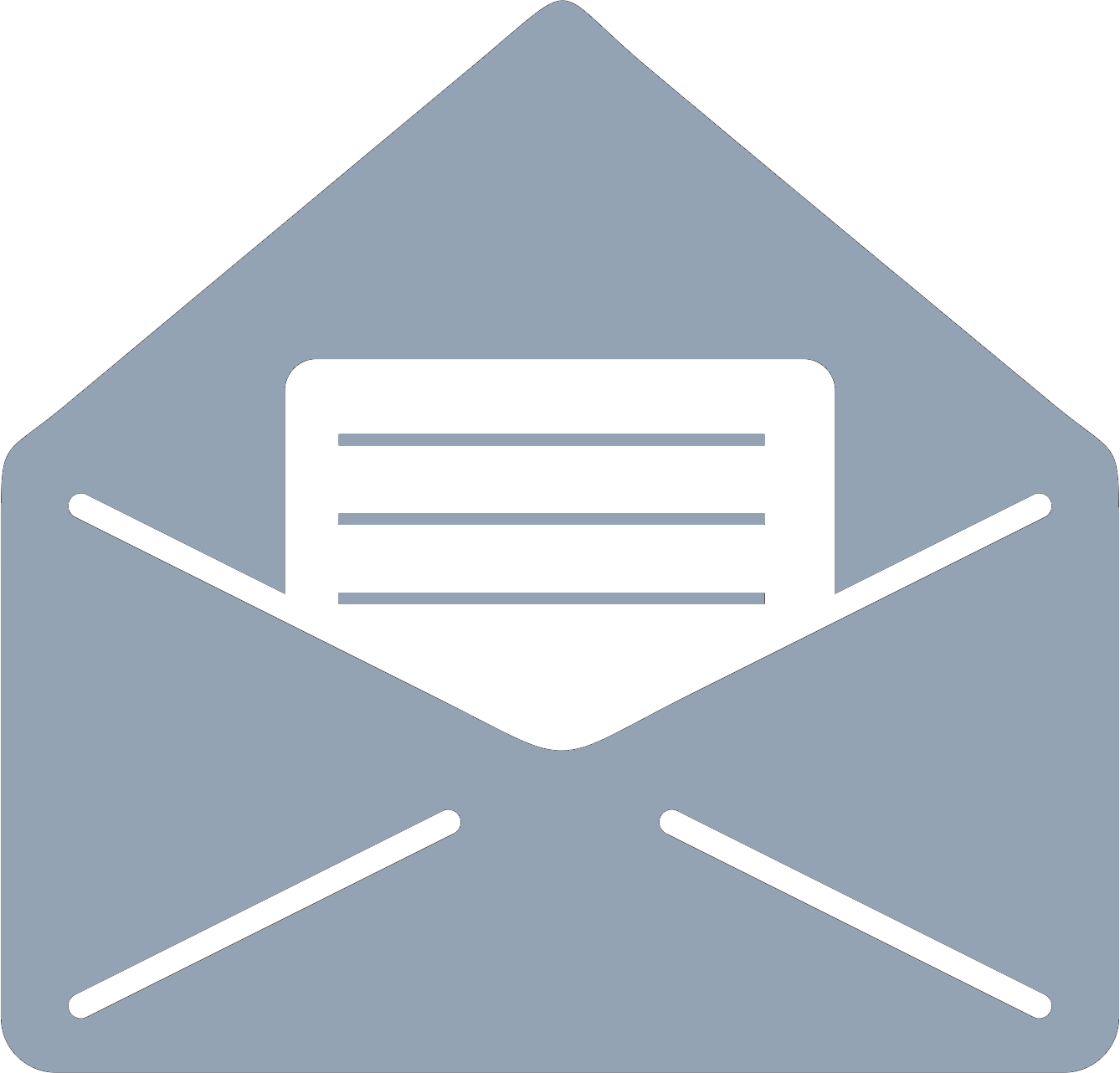The Advantages of a Course Delivery Network (CDN)

Many organizations need to ensure that partners, suppliers and corporate customers have secure and auditable access to the education, training, documentation and exams that support their products, data systems and services.

For example, a vehicle manufacturer may have “fleet” customers that need to have maintenance procedures performed on their leased or purchased vehicles. Scheduling vehicles to have maintenance performed by the manufacturer or one of its authorized maintenance facilities may be a hindrance to keeping the vehicles in-service. The manufacturer in these cases may authorize the fleet customer to perform the maintenance as long as the customer has qualified personnel to perform the procedures and uses manufacturer authorized supplies and parts. This creates a requirement for the manufacturer to ensure that the fleet customer has access to “factory authorized” training and documentation. It also creates a requirement to ensure that the personnel actually performing the maintenance have completed required certification training. This requirement can be solved using various approaches, including:
- The manufacturer providing a learning portal for fleet personnel to register, access and accomplish the certification training, or;
- The manufacturer providing the fleet customer with the physical training media and asking for personnel completion records in return.

A third option would be to provide the fleet customer’s learning management system with the ability to deliver the training using a Course Delivery Network (CDN), whereby both the fleet customer and the manufacturer have real-time access to the personnel, certification and completion records.
This third option has a number of advantages, including:
- The ability for the manufacturer to host the physical training content, exam and supporting documentation media exclusively on their CDN service.
- The ability for the manufacturer to control the quality, updates and lifecycle management of the media.
- The ability for the manufacturer to identify deficiencies in a fleet customer’s personnel qualifications to perform certain procedures in real-time, and;
- The ability for the manufacturer to identify personnel that have previously completed their fleet certification programs while working for an entity other than the one where they are currently employed.
This approach in this example assumes that the fleet customer has a learning management system. The good news is that most companies with over 500 personnel have an LMS.
This same logic and the application of a CDN can be applied to quite a number of business problems, including:
- Insurance and Financial Product Sales Personnel
- Customer Support Personnel
- Retailer and Dealership Sales Personnel
- Associations that offer Professional Certifications and Credentials
Course Delivery Network (CDN) Technology
A CDN leverages the industry's most common LMS data interchange and content packaging standard. A CDN only assumes that the downstream LMS is capable of uploading and delivering a SCORM 1.2 packaged course. There are no commercially available LMS technologies that cannot support the SCORM 1.2 standard.

A CDN creates SCORM 1.2 content aggregation packages that enable courses developed under any contemporary standard to be accessed and delivered by the CDN servers and record the results to any commercial LMS using the SCORM 1.2 Run-Time Environment (RTE).
A Cost Effective Solution
KMSI has developed the KMx CDN to complement its KMx Learning Platform. The KMx host platform and the KMx CDN provide extensive reporting and analytic capabilities to support the requirements discussed above. The KMx CDN offers the following key features:
- Enables controlled distribution of courses, exams, documentation and content to partner, customer and supplier Learning Management Systems (LMSs).
- Physical courses, exams, documentation and content files exist only on the CDN host server installation for maintenance and updates.
- Downstream organizations require no integration effort; they simply load CDN host provided SCORM packages onto their LMS.
- The downstream LMS delivers and records learner access and progress as usual.
- The CDN host server records utilization and progress for each downstream user and LMS.

KMx is an Advanced Distributed Learning Platform that provides fully integrated eLearning development, learning management, talent management, learning content management and virtual classroom technologies in one easy to use solution. Click here to learn more about KMx and the KMx CDN service.
Complete the form below and we will email you our product literature.

